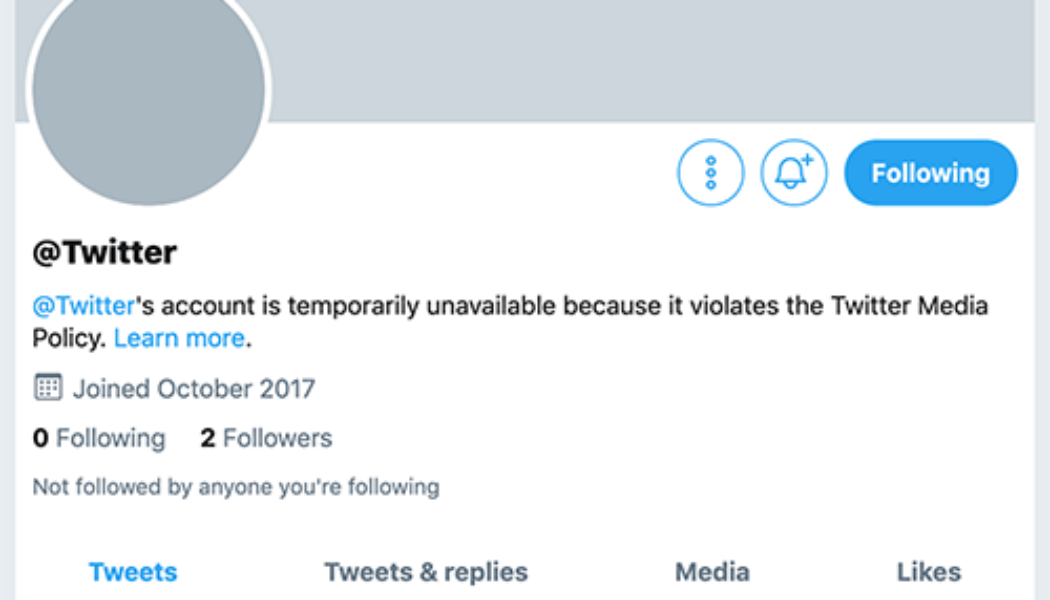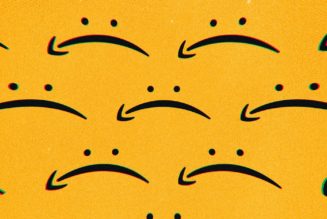On Tuesday, a noted Palestinian-American journalist reporting live from protests near Jerusalem was suddenly and mysteriously silenced on Twitter — with every single tweet replaced by the message “@MariamBarghouti’s account is temporarily unavailable because it violates the Twitter Media Policy.” It was a mistake, the company quickly admitted, and her tweets were quickly restored.
But it turns out that one part of the incident was not a mistake. While Twitter may have taken action on this person’s account in error, there actually is one particular situation where Twitter reserves the right to make your tweets disappear. And — if you ask me — it’s super, super dumb.
ive been on twitter what feels like my entire life and ive never seen before what they’re doing to this palestinian journalist’s account pic.twitter.com/z6bSmLCvNn
— Casey Johnston (@caseyjohnston) May 11, 2021
Twitter pointed me to this page and this specific image as an example of the policy, which seems like it could date back as far as October 2017:
:no_upscale()/cdn.vox-cdn.com/uploads/chorus_asset/file/22516445/mediapolicymobile4.png)
There, the “Requiring media or profile edits” policy reads: “If an account’s profile or media content is not compliant with our policies, we may make it temporarily unavailable and require that the violator edit the media or information in their profile to comply with our rules. We also explain which policy their profile or media content has violated.”
Or, in plain English, if your profile picture, header image, or other picture you post doesn’t meet Twitter’s standards, Twitter won’t just censor that image — it may censor your entire account until you fix it.
Why would Twitter need to notify people about a bad image on every single tweet from an author, instead of just omitting the image and perhaps providing an explanation? Over the past several years, we’ve seen many, many instances of Twitter choosing to place warning labels nearby offensive and damaging content, labels that still allow people to easily view those tweets.
When I raised this question, a Twitter spokesperson would only say that the policy is designed to “better inform folks on the actions taken by Twitter.” The company declined to say more.
The most generous explanation I can muster is that this is an old, antiquated policy that should have been retired long ago.
Twitter also initially restricted Barghouti’s ability to tweet, retweet, follow and like for 12 hours, according to screenshots she provided to The Verge. It’s not clear why her account was mistakenly censored to begin with; Twitter couldn’t immediately say whether it was a human action or an automated system.










